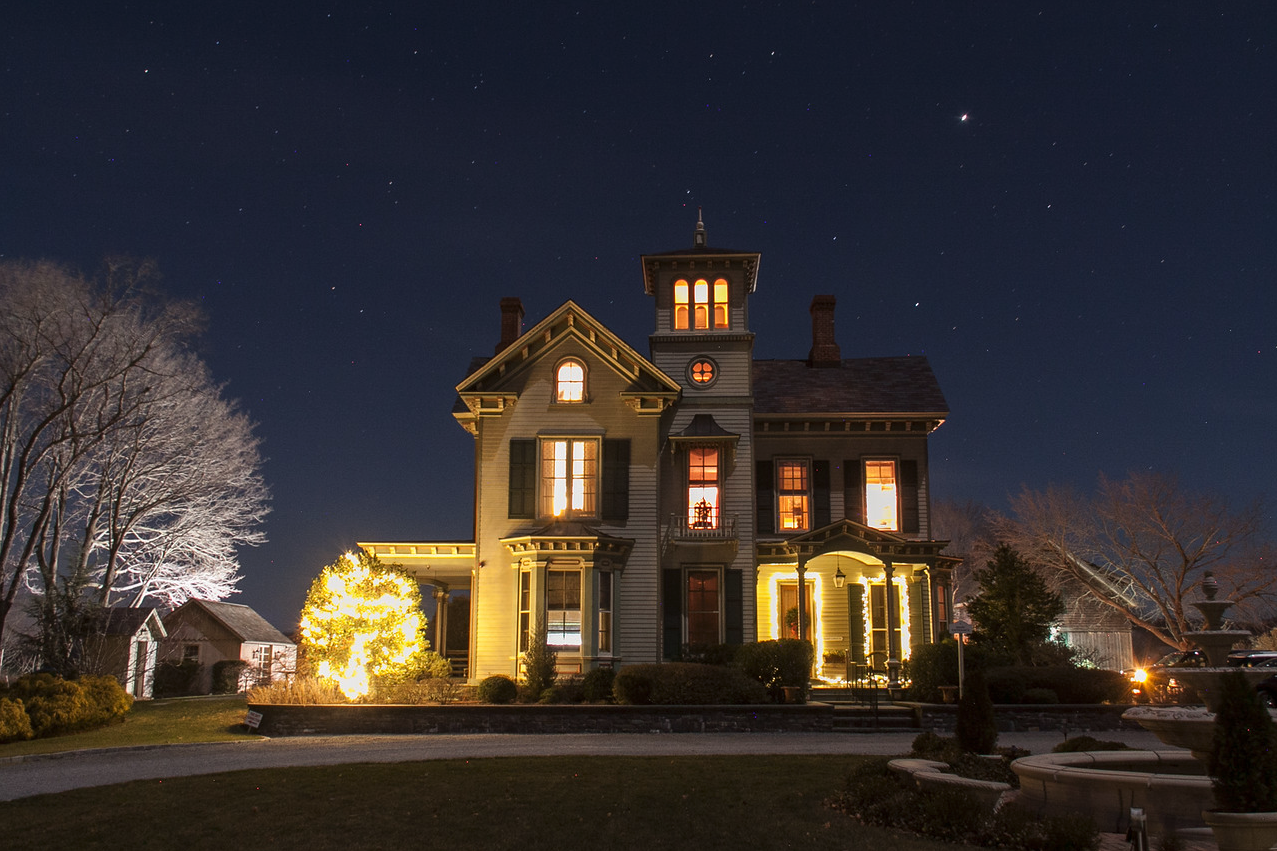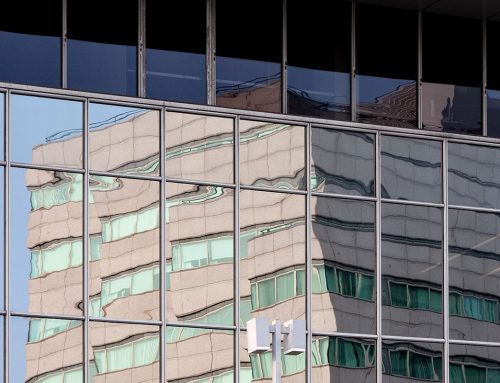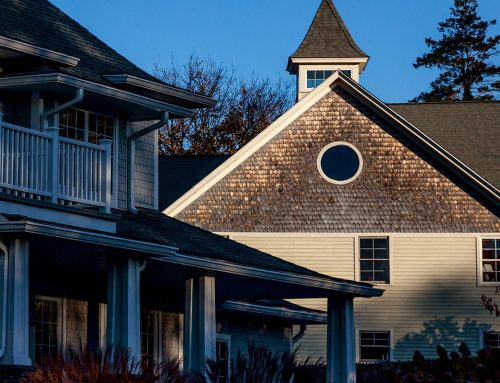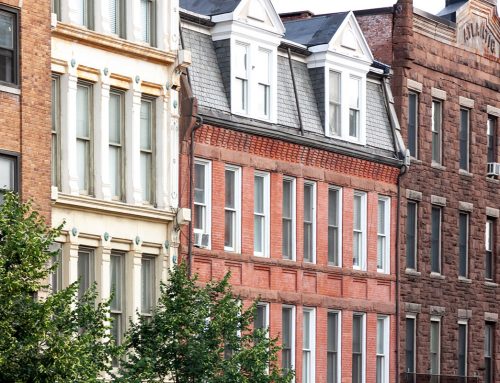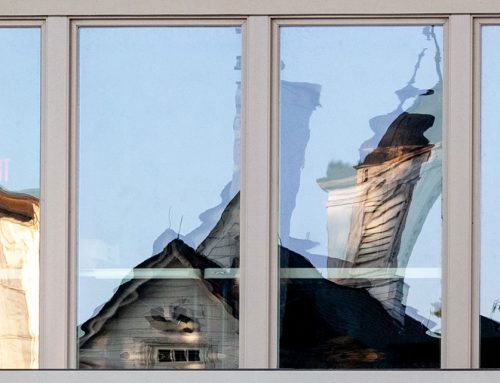Before you finalize your house purchase, be sure the house is in good condition. The best way is to have a professional inspection.
Inspecting the physical condition of a house is an important part of the home-buying process, and should be a condition of closing the sale. One or more professional inspectors should look for defects or malfunctions in the building’s structure, such as the roof, plumbing, or foundation, and detect pest infestations or dry rot and similar damage. Even if the seller provides you an inspection report, it’s best not to rely on this alone — the seller may have chosen an inspector who’s not known for rooting out problems.
Ask for disclosures before you get an inspection. In some states, such as California, sellers are required to disclose considerable information about the condition of the house itself and potential hazards to the property. But this is just the beginning — not all sellers know about problems with the house, or honestly disclose them.
When to Have the Property Inspected
Most buyers get professional inspections only after they’re in contract to buy the property. The deal is commonly made contingent on the buyers’ approving the results of one or more inspections. The buyer arranges and schedules the inspections.
Before paying for a professional inspection, you can conduct your own informal inspection. The best time to do this is before you make an offer, so that you can save yourself the trouble should you find serious problems. You’ll find a checklist and further instructions in Nolo’s Essential Guide to Buying Your First Home, by attorney Ilona Bray, attorney Alayna Schroeder, and Marcia Stewart.
Hire a Professional Inspector
Hire a general contractor or home inspector to inspect all major house systems, from top to bottom, including the roof, plumbing, electrical and heating systems, foundation, and drainage. This will take two or three hours and cost you from $200 to $500, depending on the location, size, age, and type of home. Accompany the inspector during the examination, so that you can learn more about the maintenance and preservation of the house, ask questions, and get a real sense of which problems are serious and which are relatively minor.
|
Get a Pest Report
In addition to the general inspector, it’s wise to hire a licensed structural pest control inspector, who will create a special pest report on the property (unless the seller has already commissioned one — pest inspectors, unlike general inspectors, traditionally accept work on properties they’ve inspected, so they have every interest in finding problems.) The pest inspector will look for infestation by wood-boring insects such as termites and flying beetles, as well as evidence of dry rot and other fungal conditions. Some general contractors are also licensed pest control inspectors, but they will normally charge extra for doing double duty. Be sure you get a written report of all inspections.
Consider Special Inspections
Depending on the property and your personal sensitivities, you may want to arrange specialized inspections for hazards from floods, earthquakes, and other natural disasters. The same goes for environmental health hazards such as mold, asbestos, and lead. And if the general inspection revealed problems with the roof, foundation, or other areas that are hard to access or potentially expensive to repair, you may also want to hire a specialized inspector.
After the Inspections Are Completed
If the inspection reports show the house is in good shape, you can proceed with the purchase, knowing that you’re getting what you paid for.
If the inspections bring problems to light — such as an antiquated plumbing system or major termite damage — you can negotiate to have the seller pay for necessary repairs or to lower the purchase price, or you can back out of the deal, assuming your contract is written to allow you to do so.
Next Steps
To learn how to include an inspection contingency in your real estate purchase contract, see Contingencies to Include in Your House Purchase Contract.





